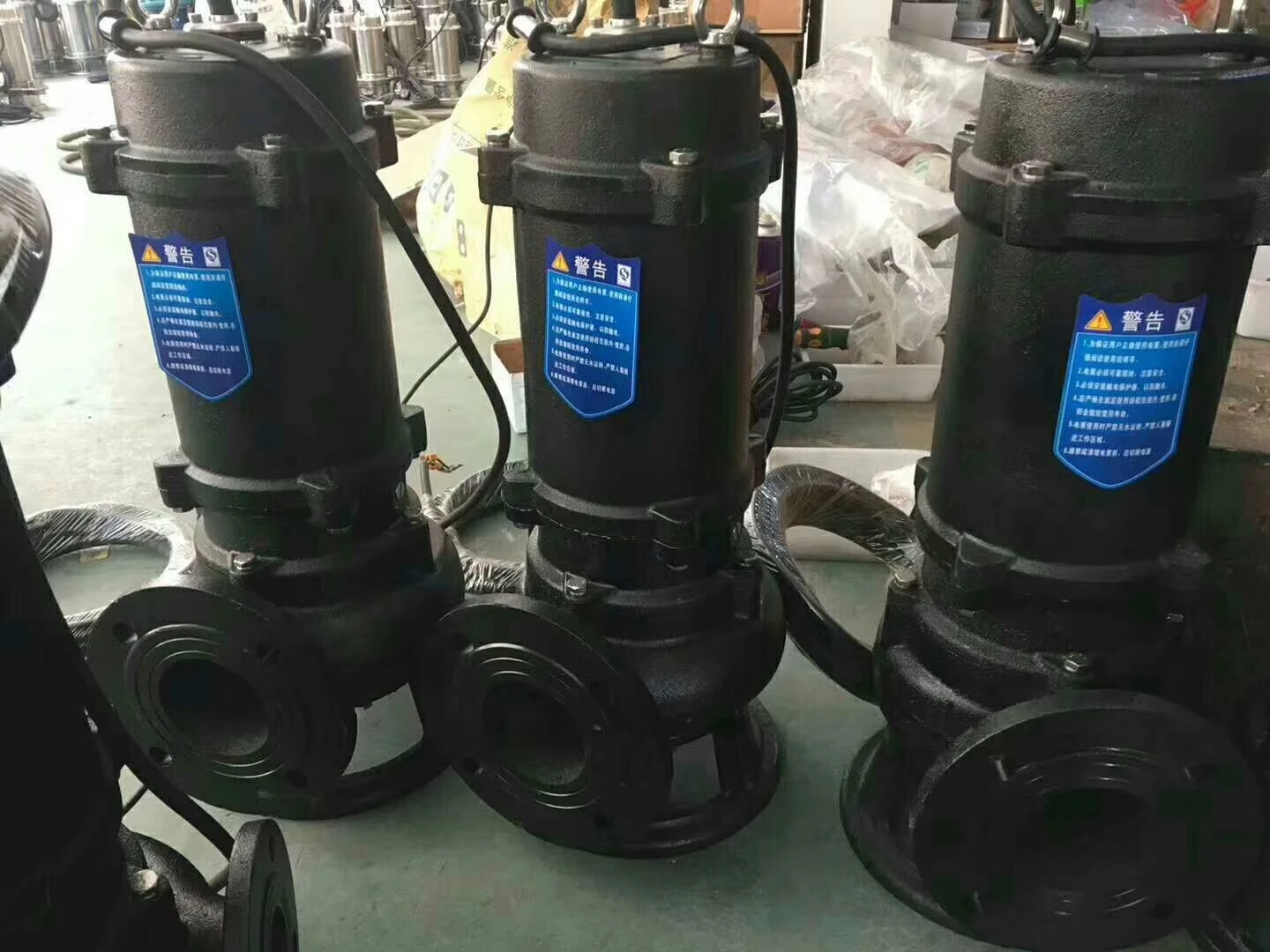Kannada
- Afrikaans
- Albanian
- Amharic
- Arabic
- Armenian
- Azerbaijani
- Basque
- Belarusian
- Bengali
- Bosnian
- Bulgarian
- Catalan
- Cebuano
- Corsican
- Croatian
- Czech
- Danish
- Dutch
- English
- Esperanto
- Estonian
- Finnish
- French
- Frisian
- Galician
- Georgian
- German
- Greek
- Gujarati
- Haitian Creole
- hausa
- hawaiian
- Hebrew
- Hindi
- Miao
- Hungarian
- Icelandic
- igbo
- Indonesian
- irish
- Italian
- Japanese
- Javanese
- Kannada
- kazakh
- Khmer
- Rwandese
- Korean
- Kurdish
- Kyrgyz
- Lao
- Latin
- Latvian
- Lithuanian
- Luxembourgish
- Macedonian
- Malgashi
- Malay
- Malayalam
- Maltese
- Maori
- Marathi
- Mongolian
- Myanmar
- Nepali
- Norwegian
- Norwegian
- Occitan
- Pashto
- Persian
- Polish
- Portuguese
- Punjabi
- Romanian
- Russian
- Samoan
- Scottish Gaelic
- Serbian
- Sesotho
- Shona
- Sindhi
- Sinhala
- Slovak
- Slovenian
- Somali
- Spanish
- Sundanese
- Swahili
- Swedish
- Tagalog
- Tajik
- Tamil
- Tatar
- Telugu
- Thai
- Turkish
- Turkmen
- Ukrainian
- Urdu
- Uighur
- Uzbek
- Vietnamese
- Welsh
- Bantu
- Yiddish
- Yoruba
- Zulu
Telephone: +86 13120555503
Email: frank@cypump.com
ಆಕ್ಟೋ . 22, 2024 06:43 Back to list
sewage pump
The Importance of Sewage Pumps in Modern Waste Management
Sewage pumps play a critical role in modern waste management systems, ensuring that wastewater is efficiently transported from homes, businesses, and industrial facilities to treatment plants. These pumps are specifically designed to handle the challenging demands of moving sewage, which contains solid waste materials, fats, oils, and other contaminants. Understanding their functionality, types, and maintenance is crucial for anyone involved in plumbing, construction, or municipal services.
Functionality of Sewage Pumps
At the core of a sewage pumping system is the pump itself, which is primarily responsible for moving waste against the force of gravity. Typically installed in a sump pit below ground level, these pumps activate when the water level rises to a certain point, ensuring that the waste is transported away promptly. A sewage pump works efficiently by using an impeller to create suction, drawing the wastewater into the pump, and then expelling it through a discharge pipe to the sewer system or treatment facility.
Types of Sewage Pumps
There are several types of sewage pumps available, each suited for specific applications. The most common types include
1. Submersible Sewage Pumps These pumps operate underwater and can handle both liquid and solid waste. They are often used in residential and commercial applications where wastewater needs to be moved from a lower elevation to a higher elevation. 2. Pedestal Sewage Pumps Unlike submersible pumps, pedestal pumps are mounted above the sump pit. They are ideal for applications with low water levels and offer easier access for maintenance.
sewage pump

3. Grinder Pumps These pumps not only move wastewater but also grind solids into a slurry, making them ideal for systems that require the handling of large amounts of solid waste. They are commonly used in situations where sewage needs to be transported over long distances.
Maintenance and Considerations
Maintaining sewage pumps is essential for their longevity and efficient operation. Regular inspections can help identify issues such as clogs, leaks, or mechanical failures. Homeowners and facility managers should check the pump’s float switch to ensure it functions correctly and clean the intake screen to prevent blockages.
Moreover, it is important to be mindful of what gets disposed of down the drains. Items like wipes, sanitary products, and food scraps can damage pumps and clog systems, leading to costly repairs and potential system failures.
Conclusion
In conclusion, sewage pumps are indispensable components of wastewater management systems. They facilitate the safe and efficient transportation of sewage, protecting public health and the environment. By understanding their function, types, and maintenance needs, individuals and organizations can ensure reliable operation and prolong the lifespan of these essential devices. Investing in quality sewage pumps and maintaining them adequately will continue to be a priority as urban areas expand and the need for effective waste management solutions grows.
-
Reliable Non-Clog Sewage Pumps with GPT-4-Turbo Tech
NewsAug.04,2025
-
High-Performance Air Pumps for Sand & Gravel | Efficient Transport
NewsAug.03,2025
-
ISG Series Vertical Pipeline Pump - Chi Yuan Pumps Co., LTD.|Energy Efficiency, Corrosion Resistance
NewsAug.03,2025
-
ISG Series Pipeline Pump - Chi Yuan Pumps | Energy Efficiency&Compact Design
NewsAug.03,2025
-
ISG Series Vertical Pipeline Pump - Chi Yuan Pumps Co., LTD.|High Efficiency, Low Noise, Durable
NewsAug.02,2025
-
ISG Series Vertical Pipeline Pump - Chi Yuan Pumps | High Efficiency, Low Noise
NewsAug.02,2025










